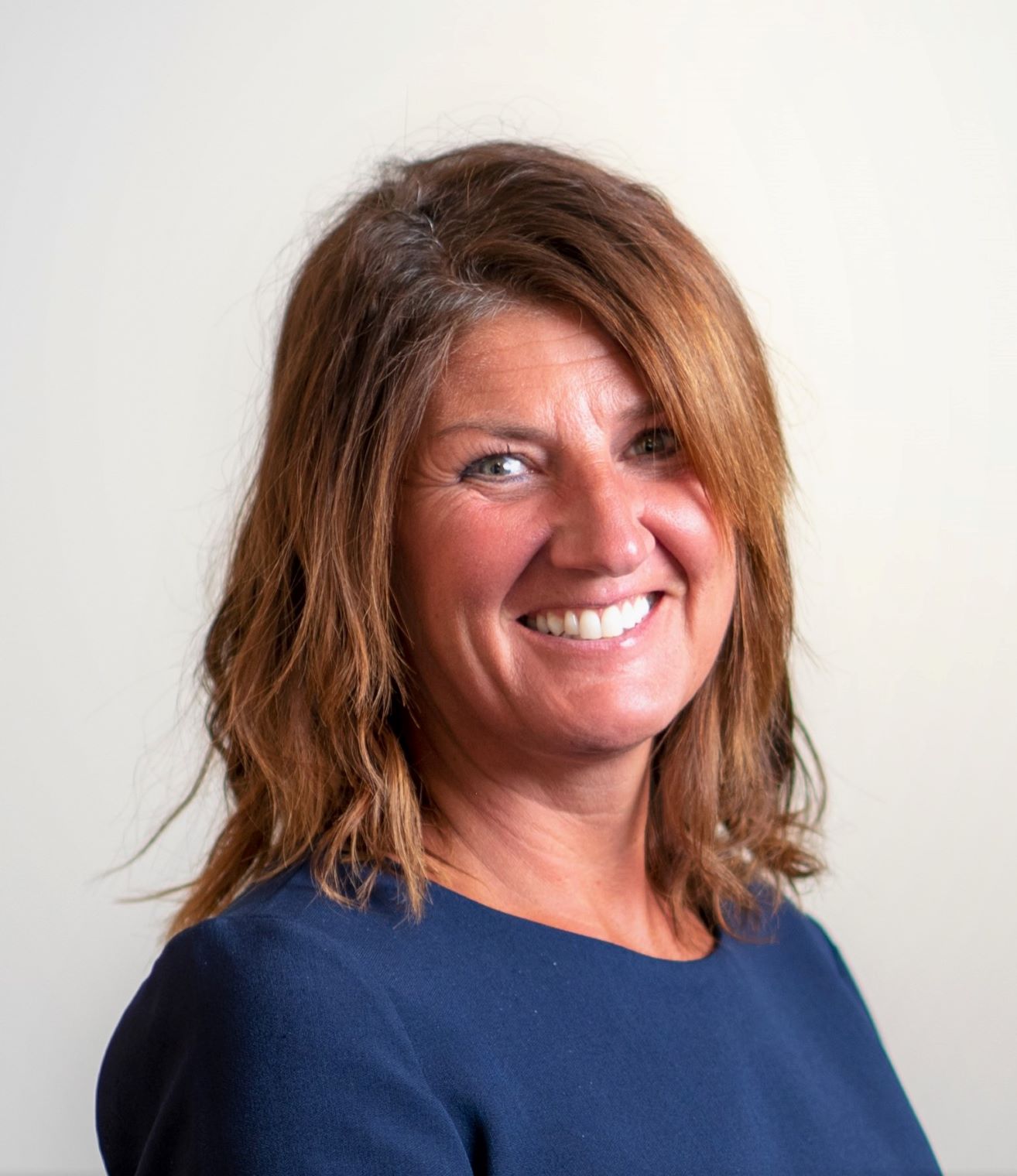Karen Woodley
|Head of Healthcare Distribution
• Over 18 million UK adults1 – equal to 61% of the working population – struggled to access NHS care in the past year
• Almost half (49%) of all UK adults were concerned about getting a same day GP or face to face appointment
• However, only 13% of UK adults have used private/remote GP services, reflecting consumer concerns about affordability and potentially a reduced awareness of private insurance products.
As NHS waiting times increase, new data from leading protection and health insurer The Exeter has revealed that over 18 million UK adults struggled to access NHS treatments or saw their GP appointments delayed in the past year. Despite this, just 13% of all respondents used private or remote GP services.
Although NHS delays are causing disruption for the average person, the research indicates that very few UK adults are taking advantage of private alternatives. This is despite only 11% of those surveyed saying they were confident that the NHS could meet their needs if they fell ill. This suggests that the general low uptake of private remote GPs is not due to high confidence in NHS services.
Waiting times have increased – yet only 20% of UK adults are aware
The difficulty in seeing a GP is a cause of worry across the UK. Almost half of UK adults (49%) were concerned about getting a same-day GP appointment or seeing a GP face to face.
Other reasons for concern included problems getting through to a GP by telephone (46%); the increasing waiting times for NHS treatments and operations (39%); the availability of NHS services for non-urgent treatment (31%) and the overall level of care offered by the NHS (26%).
NHS waiting times have increased by 34% in the past two years2 and yet 43% of UK adults believed waiting times had climbed by a much lower amount or didn’t know. This suggests a low general awareness on the increasing strain on public healthcare providers.
With many private healthcare services now being available digitally, those who opt to use them are provided with a streamlined way to address the most pressing of these concerns, equipping those in need with a direct line to a medical professional who can help.
However, older people are significantly less likely to take advantage of private hospital consultations or treatments than younger people, according to The Exeter’s research. In the past two years, 17% of 18-24 year olds have used an alternative private healthcare service. This figure dropped to 11% for 25–34-year-olds and fell further still for both 35–44-year-olds (10%) and 55–64-year-olds (6%).
Understanding the mental health impacts across genders and generations
According to the research, 52% of UK adults reported that their mental health has been adversely impacted by the cost of living crisis. Notably, younger generations also felt the increased stress of rising bills more profoundly than older generations. 61% of those aged 18-34 said their mental health was affected by the crisis, far higher than the 27% of respondents aged 55 and over who reported similar feelings.
The research clearly shows that younger people are also more likely to seek mental health support than older generations: a quarter of 18–24-year-olds sought private health support in the past two years. If the NHS is unable to meet the demand, remote private services are one solution to ensuring fewer people go without consulting a medical professional.
Affordability remains a key barrier to accessing private medical care products
In general, UK adults gave a variety of reasons for not owning or currently seeking an insurance product. Of the total respondents, over half (53%) cited affordability as a key concern. A fifth (18%) did not see the need to purchase an insurance product, whilst 16% admitted they simply had not gotten around to buying one.
It was clear that some respondents lacked an education awareness about private medical insurance products. In fact, 8% did not know what products were available, whilst 9% were interested but didn’t know where to find outlearn more about the products on offer.
Karen Woodley, Head of Sales at The Exeter, comments:
“As NHS waiting times continue to increase, it’s more important than ever to educate people on the benefits of private healthcare and ensure these services are as accessible as possible. We must also start talking more about digital healthcare services, which can reduce the pressure on the NHS and help people get timely access to the support they need.
As the cost of living crisis continues, private health insurance products can ensure nobody in need is left without a strong alternative. All worthwhile financial decisions begin with an expert conversation, and advisers are best placed to help clients arrive at an informed choice that balances affordability against overall benefit.”
